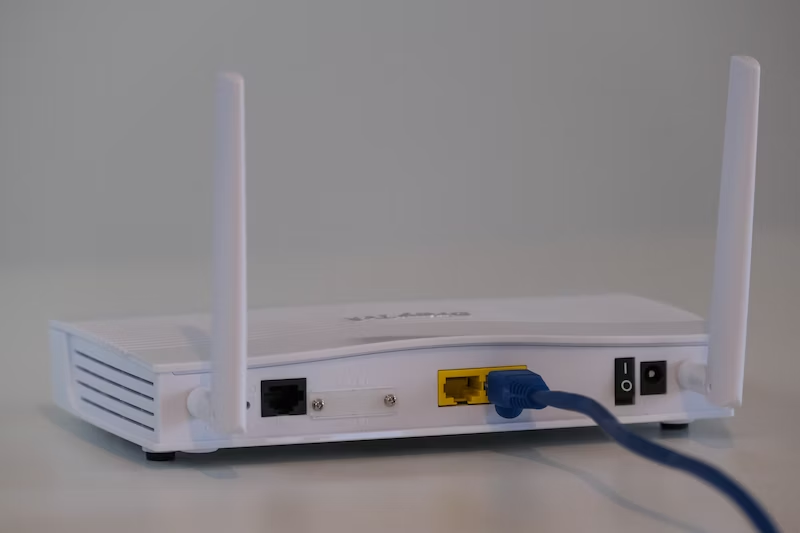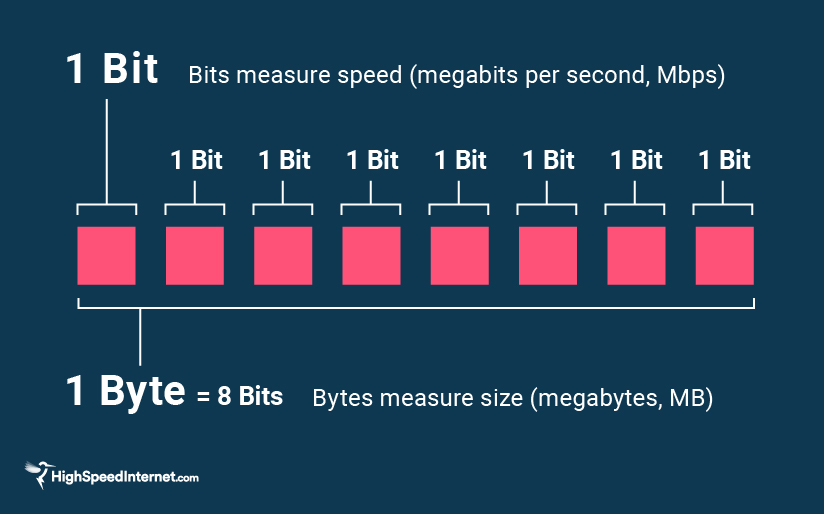The internet infrastructure began in the 1960s. The development of TCP/IP in the 1980s created the foundation of the modern internet. Commercialization began in the mid-1990s with the introduction of ISPs, and new technologies like broadband, wireless, and mobile internet continued to expand the internet. Today, the internet infrastructure connects billions of devices and people worldwide.
But, why the internet is still limited?

Internet is usually limited with a number like 8mb, or 40mb, or in some high speed places 1000mb, and for some other areas they might sell it as unlimited most probably for marketing purposes, it can be really a huge limit that feels unlimited but the fact is that it is limited to the amount of data you can send or receive in a second.
So, what is that limitation? it is all about cables (submarine cables), as you might know the internet is moving data through giant cables that are under seas and oceans connecting continents, and each cable has a huge bandwidth to transfer data at any given time, governments pay to get connected to the huge network of data flow cables in there land and the ISPs (Internet Service Providers) get their share from the government’s main cable capacity and start split it between there customers based on what they pay (you pay x then you get y amount of megabits per second) and so on, so you pay the money to get a share of the bandwidth and they keep counting your limited consumption.

Example of having the same connection but different speed: the same internet user might have a different bandwidth in different conditions as an example 3 people connected to the same limited internet and streaming videos at the same time will consume the internet bandwidth faster or in other words will split the bandwidth by 3 so if it was cap of 10mbps it will become kind of 3mbps for each, which will make it slower for all however on the same connection if it was only one person streams a video he/she will use all the bandwidth which makes streaming way faster, most probably you had this experience at least once.
How long would it take to download a 1GB file on a 8mbps connection vs. a 1000mbps connection?
The time it takes to download a 1GB file on a connection depends on the speed of the connection.
On an 8mbps connection, the download speed is 8 megabits per second. There are 8 bits in a byte, so the download speed in bytes per second would be 1 megabyte per second (8 / 8 = 1). To download a 1GB file, which is 1,024 megabytes, it would take approximately 1,024 seconds or 17 minutes and 4 seconds (1,024 / 1 = 1,024 seconds).
On a 1000mbps connection, the download speed is 1000 megabits per second. The download speed in bytes per second would be 125 megabytes per second (1000 / 8 = 125). To download a 1GB file, it would take approximately 8 seconds (1,024 / 125 = 8.19 seconds).
Therefore, it would take much less time to download a 1GB file on a 1000mbps connection compared to an 8mbps connection.
 Byte = 8 bits - source
Byte = 8 bits - source
Here comes the question: how the server knows what is the limit of the internet at the client? this is an excellent question, because a website can be accessed from any where in the world, it can be from any device with specific data usage like 3G or less, host will not have a list of all the internet users on it’s records listing there limits in order to see how many bytes to send at once, that’s why there are some techniques to let servers and clients knows the limits of each others and this is called Congestion Control which is explained in-details in this article.
Follow me (@med7atdawoud) and subscribe to my RSS feeds
Tot ziens 👋